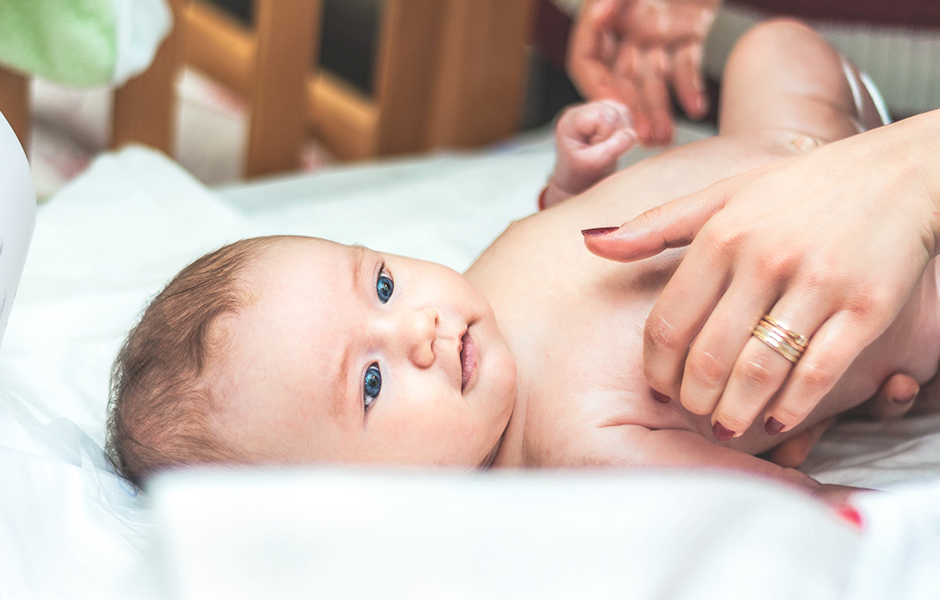The type of bacteria present in meconium of the newborn can be determined essentially within the womb of the mother, regardless of the type of delivery.
The hypothesis of intrauterine bacterial colonization is strengthened by a new study coordinated by Conceição Calhau from CINTESIS – Center for Health Technology and Services Research and the NOVA Medical School of the NOVA University of Lisbon, and by Teresa Tomé, from the Maternity Hospital Dr. Alfredo da Costa.
“We believe that, during pregnancy, the fetus is exposed to bacteria and metabolites from the intestine and vagina of the mother, influencing the newborn’s meconium microbiota,” say the authors of the study, published in the scientific journal Gut Microbes.
The researchers carried out an observational and longitudinal study with the aim of “determining the relationship between the mother’s intestinal microbiota and the meconium of premature babies.” The meconium, which is the first fecal matter eliminated after birth, is “a very useful source of information, as it reflects the microbial environment inside the uterus.”
To carry out this work, DNA samples of meconium bacteria were extracted and analyzed from about a hundred newborns, both extremely premature (born before 28 weeks of pregnancy) and very premature (born between 28 and 32 weeks of pregnancy).
The results indicate that “the meconium of very premature newborns has a greater correlation with the maternal microbiota”. However, “the meconium microbiota of extreme premature babies contains moreLactobacillus, the main type found in the vaginal microbiota, regardless of the type of delivery.”
In general, “these data allow us to affirm that maternal bacteria, both in the intestine and in the vagina, play a role in the modulation of the baby’s microbiota and that the maternal-fetal transmission of bacteria is a controlled and specific process over time.”
As scientists point out, the type of bacteria present in the newborn’s gastrointestinal tract can significantly influence the development of the immune system and, therefore, have important health consequences. In premature babies, this issue is particularly relevant, considering their immaturity and vulnerability.
Although it is known that the mother’s microbiota can influence the composition of bacteria that live in the intestines of newborns, the physiological and molecular mechanisms of this vertical transmission (from mother to child) are not yet fully known, and further studies in this area are necessary.
“It is important to understand how this phenomenon happens to optimize the health of pregnant women. Understanding the role of the intrauterine environment in the fetal microbiota is essential for the establishment of clinical interventions, such as maternal feeding, exposure to antibiotics, probiotics and prebiotics or even fecal transplantation,” they warn.
Coordinated by Conceição Calhau, the team includes researchers from CINTESIS / NOVA Medical School, namely Juliana Morais and Cláudia Marques, as well as other researchers from NOVA Medical School, such as Diana Teixeira, Catarina Durão and Ana Faria, who are joined by Manuela Cardoso, Sara Brito, Israel Macedo and Teresa Tomé, from the University Hospital Center of Central Lisbon / Maternity Dr. Alfredo da Costa.
The study was carried out as a result of a MILUPA scholarship awarded by the Portuguese Society of Neonatology in 2017 and financed by the Competitiveness and Internationalization Operational Program – COMPETE 2020 and the Foundation for Science and Technology (FCT), within the framework of CINTESIS.

